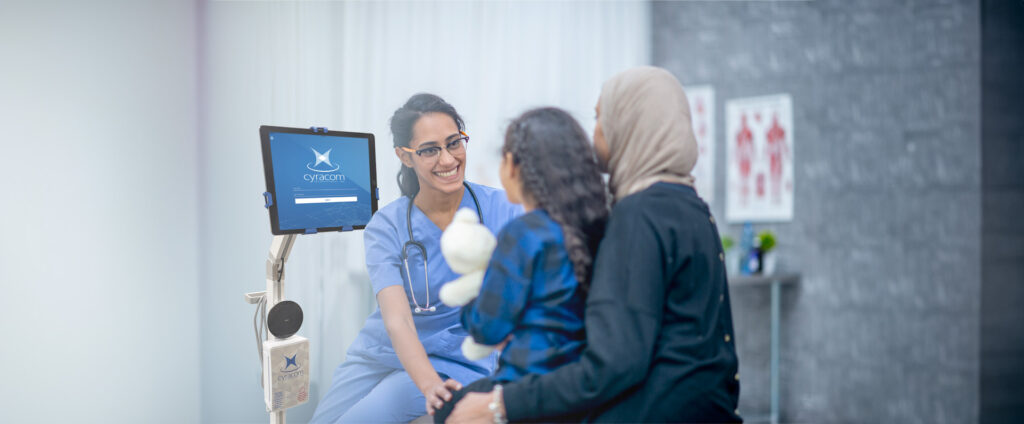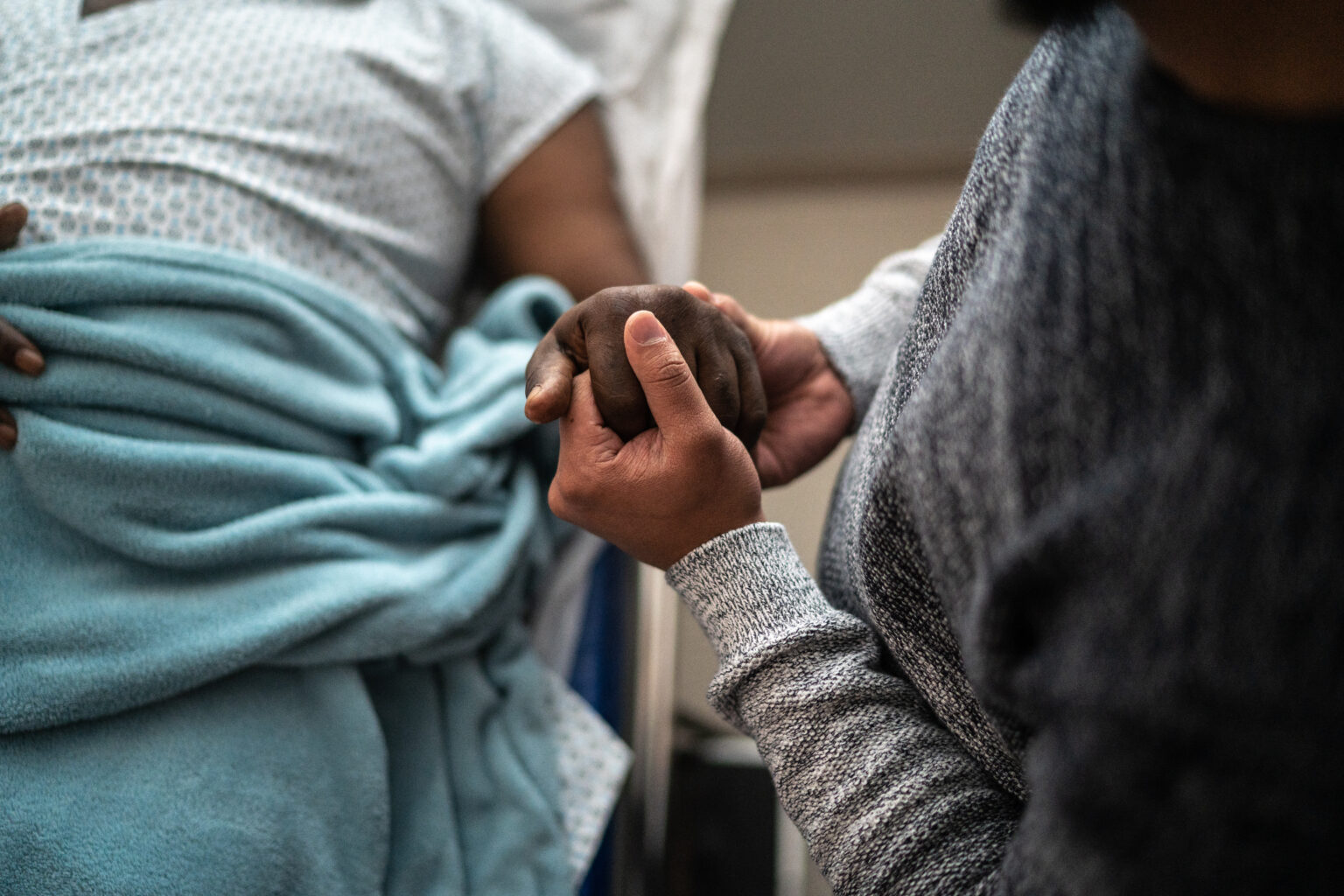Hospitals focused on delivering culturally competent healthcare recognize how culture and religion may influence patient attitudes and behavior. That’s why healthcare professionals who are taught to take the time to consider their patients’ culture and religious beliefs are most successful at providing culturally appropriate care, which often impacts the patient experience.
What is cultural competence?
 Cultural competence refers to how healthcare providers can meet patients’ social, cultural, and linguistic needs to help eliminate racial and ethnic health disparities. For many people around the world, language, culture, and religion are often tightly woven together. Language barriers and cultural misunderstandings are two common issues that contribute to poor health outcomes and readmission rates. A culturally competent healthcare system can help improve the quality of care and patient experience.
Cultural competence refers to how healthcare providers can meet patients’ social, cultural, and linguistic needs to help eliminate racial and ethnic health disparities. For many people around the world, language, culture, and religion are often tightly woven together. Language barriers and cultural misunderstandings are two common issues that contribute to poor health outcomes and readmission rates. A culturally competent healthcare system can help improve the quality of care and patient experience.
Why does cultural competence matter?
Focusing on cultural competence and high-quality language access can improve the patient experience you deliver, which heavily influences HCAHPS scores and your hospital’s CMS Quality Star Rating. In an analysis of over 19,000 HCAHPS surveys, the National Center for Biotechnology Information (NCBI) found that:
“Hospitals with greater cultural competency have better HCAHPS scores for doctor communication, hospital rating, and hospital recommendation. Furthermore, HCAHPS scores for minorities were higher at hospitals with greater cultural competency on four other dimensions: nurse communication, staff responsiveness, quiet room, and pain control.” – NCBI

How can religion impact a patient’s healthcare?

Religion and spirituality can influence a patient’s decisions regarding diet, medicines based on animal products, modesty, and the preferred gender of their health providers. Some religions have strict prayer times that may interfere with medical treatment. According to a recent study published on the NIH’s National Library of Medicine database, here are a few examples of religious beliefs healthcare providers may encounter:
Hinduism
- The father or husband is the primary spokesperson to whom questions should be directed, as women may not request special care
- The atmosphere around a dying person must be peaceful
- A vegetarian diet is typical, and any drugs, implants, skin grafts, or medical dressings that contain parts of pigs or bovines are prohibited
Islam
- Prayer is required five times per day and may impact timing of procedures/appointments
- Requires a same-sex practitioner outside of emergency care
- Women require modest dress and keep their bodies covered
- Drugs, medical dressings, or implants that contain porcine ingredients are prohibited
Judaism
- Often require Kosher-certified food
- Drugs, medical dressings, or implants that contain porcine ingredients are prohibited
- Amputated limbs must be saved for burial in consecrated ground
- The patient may need to consult a Rabbi regarding life-support and tube-feeding
How to provide culturally competent care
Healthcare providers should practice empathy and do their best to understand their patients’ cultural and religious needs. In addition:
- Always provide a qualified interpreter to ensure clear communication with patients and families who are limited English proficient
- Ask the patient and family how you can help make their experience more comfortable
- Avoid judgment and making assumptions about the patient’s religious beliefs and culture

CyraCom’s trained interpreters can help you deliver culturally competent care.
Contact us to learn how our qualified interpretation services improve patient experiences.








